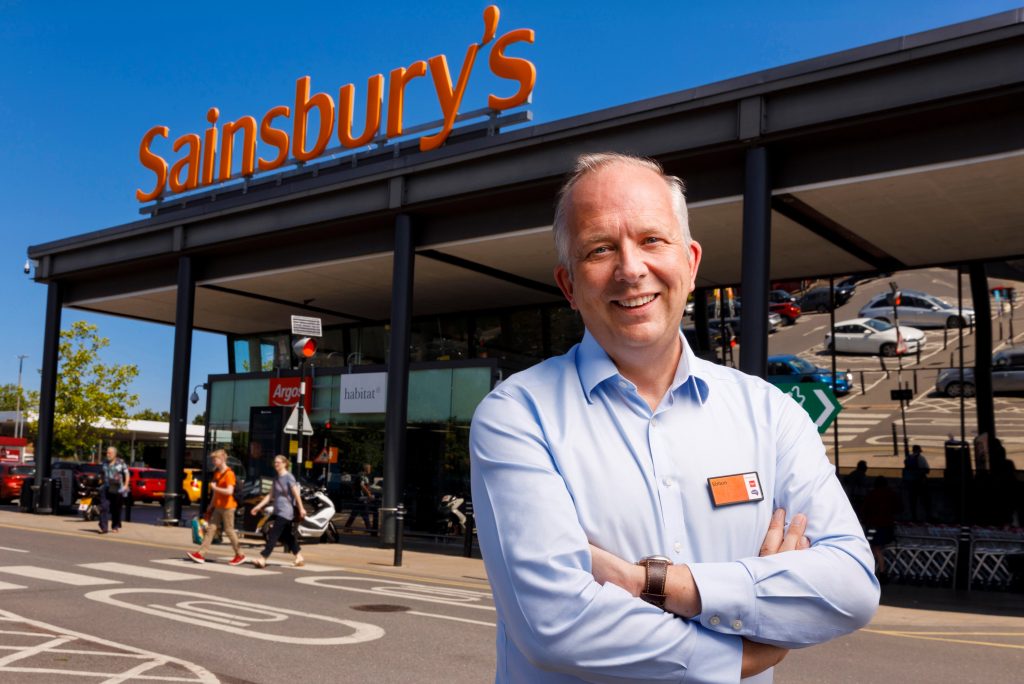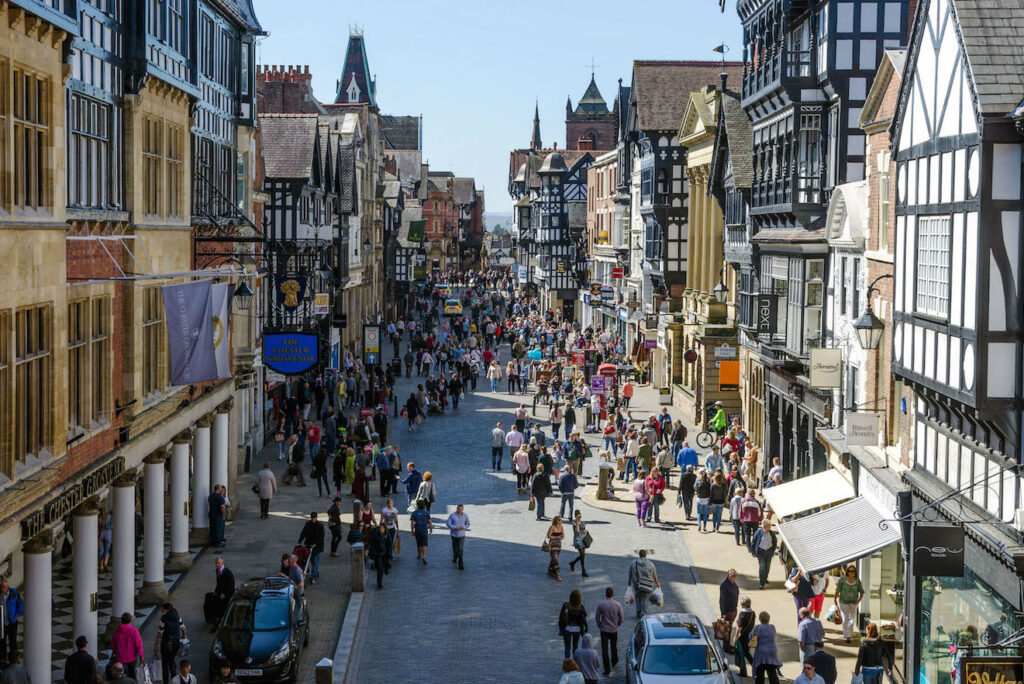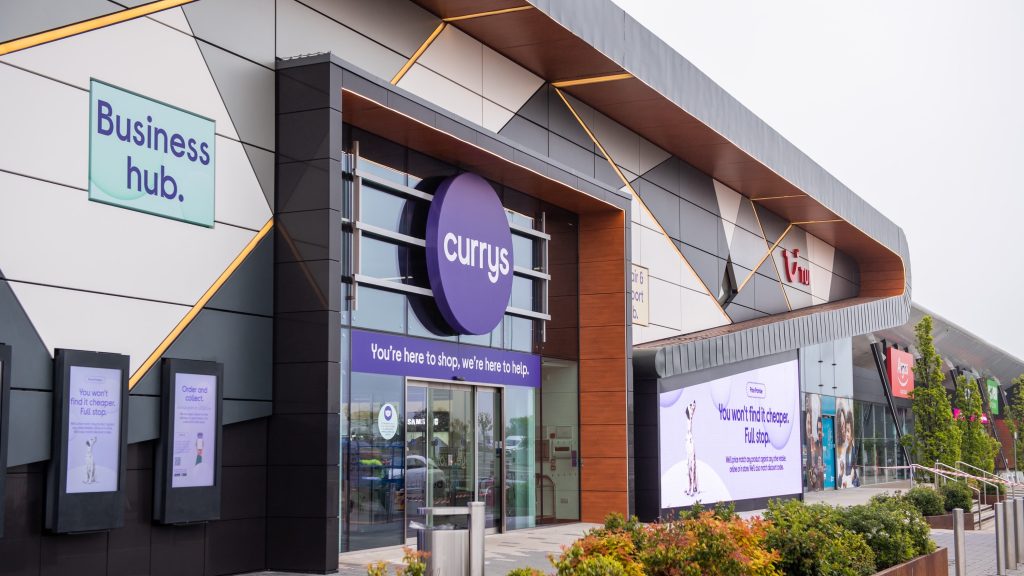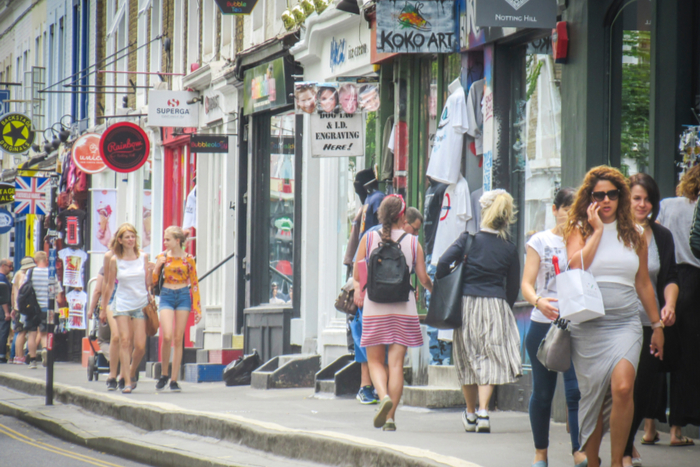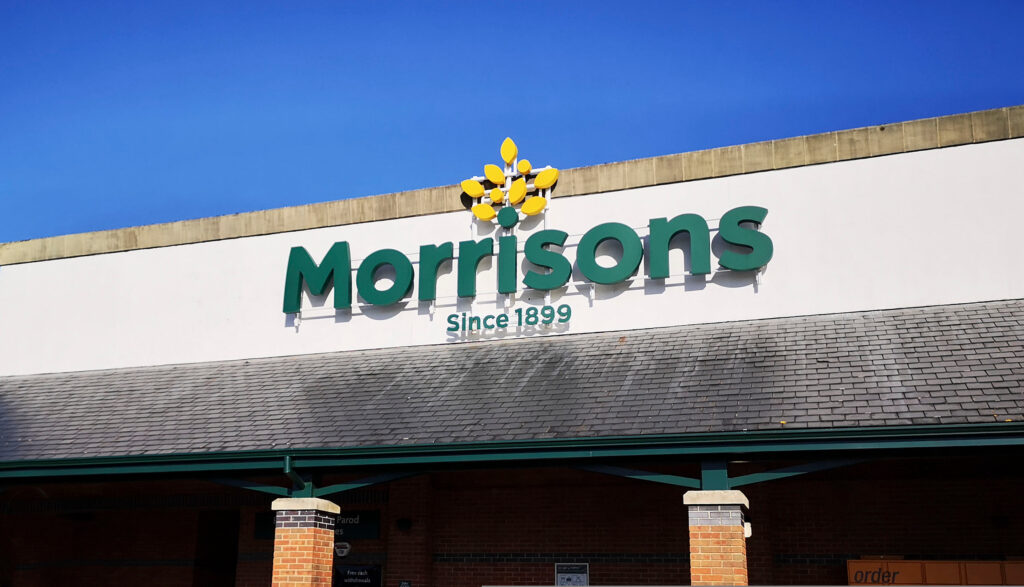Now that the dust has settled on the government‘s response to the Portas report, Sarah Easton casts her legal eye over how the high street revival plans might actually be actioned.
In December last year Mary Portas published her recommendations for the revival of the high street. Her suggestion that new out of town developments should be subject to ministerial approval and for a new national planning framework favouring developments in town centres attracted much publicity. However, Ms Portas did not blame out of town shopping for the decline in the high street.
Perhaps this is why when the government announced it implementation of many of Ms Portas‘ recommendations last week, no measures to increase control over out of town developments were included.
This will be met with disappointment by some, but recent reviews of our planning system have each concluded that ministers should use their powers of call-in sparingly and intervene less in local planning matters. The government‘s localism agenda has stopped a number of call-ins and has enabled schemes to proceed more quickly rather than becoming stuck in the planning system.
Out of town developments usually offer free parking whereas town centres charge. In many town centres parking charges have increased. It is hard to say whether this does influence shoppers‘ choices but if parking is free in local shopping centres like Bluewater and out of town retail areas like Longfield Road in Tunbridge Wells it may well have a negative impact on shopping numbers in town. The government will be asking local councils to look closely at parking charges, however local councils are not being asked to abolish them and the government has not said it will abolish minimum parking charges which had been recommended.
The revenue from parking charges generally goes to the local council so they are unlikely to want to/be able to lose this income without substantial support from the Government. Perhaps local authorities could be encouraged to make use of some of the £10,000,000 to be made available for high streets by the government to fund free parking at certain times (Saturdays for example) to encourage shoppers back into the high street.
Mary Portas suggested joined up thinking in high streets akin to shopping centre management to help the high street should be encouraged. New Town Teams are a good idea and have been endorsed by the government. However whether in practice they can work with many landlords not living locally and/or owning a large number of properties across the country is questionable. To some extent local authorities already undertake this role with the appointment of a town centre manager or economic development officer.
Ms Portas‘ recommendations did not consider the part played by a reduction in disposable income, high rents set in a boom time with no scope to be reduced and the popularity of internet shopping in the demise of the high street.
The new Town Teams will have to attempt to come up with strategies to address these issues. Late night opening is encouraged to stop shoppers having to rely on the internet to make purchases after working hours. They will need to come up with ways to encourage shoppers away from the deals that can be found on the internet by making shopping on the high street more beneficial.
Town loyalty cards with points adding up to free meals or activities in the town could work. This would need the buy in of all the retailers though and would need the support of the big retailers as well. Whether this could be managed on a town by town basis would have to be tested.
It will certainly require a concerted effort on the part of local authorities to ensure the changes have a positive impact on high streets. Decisions about parking, planning permission, market trading etc. are not made centrally. Local authorities will have their wo











